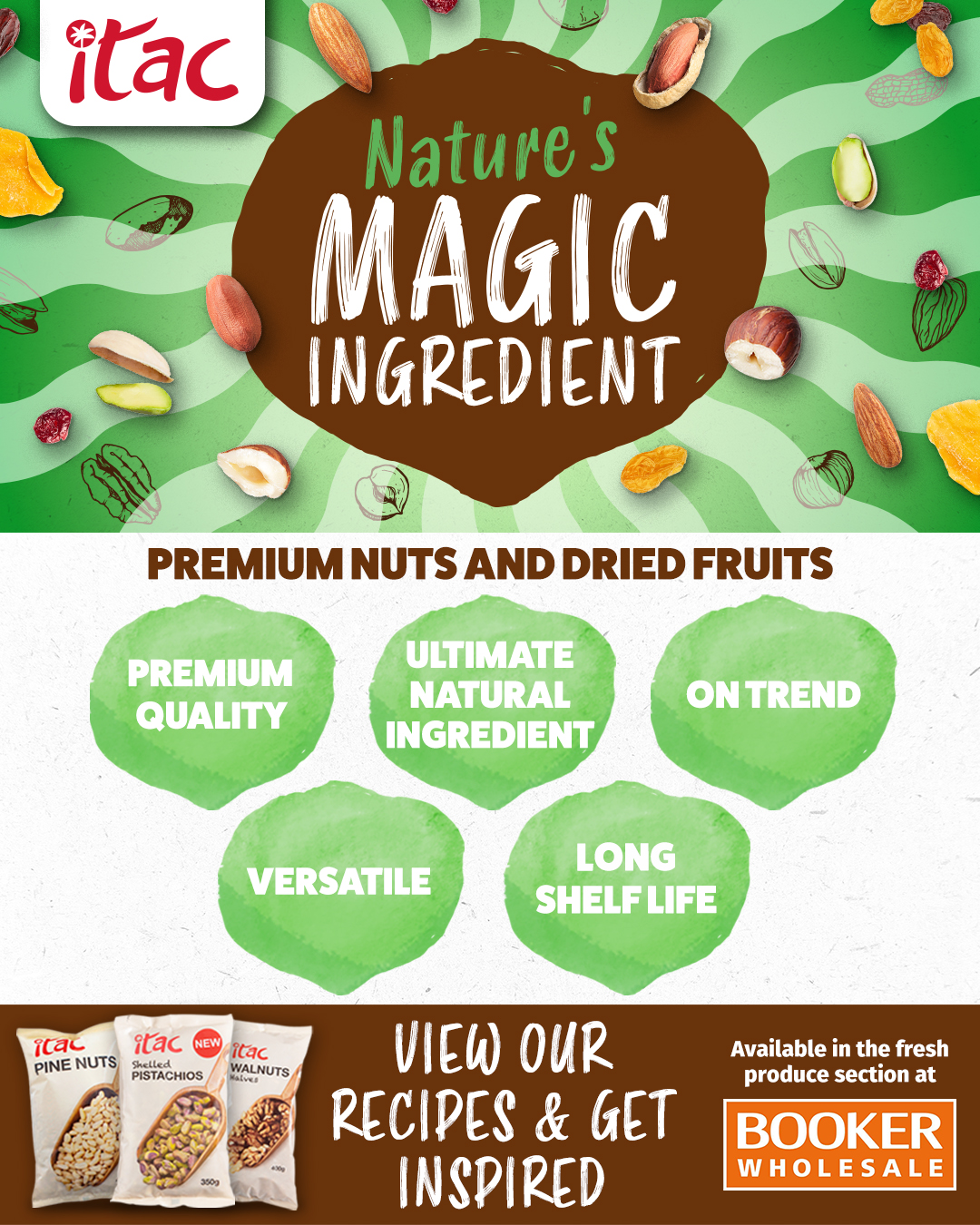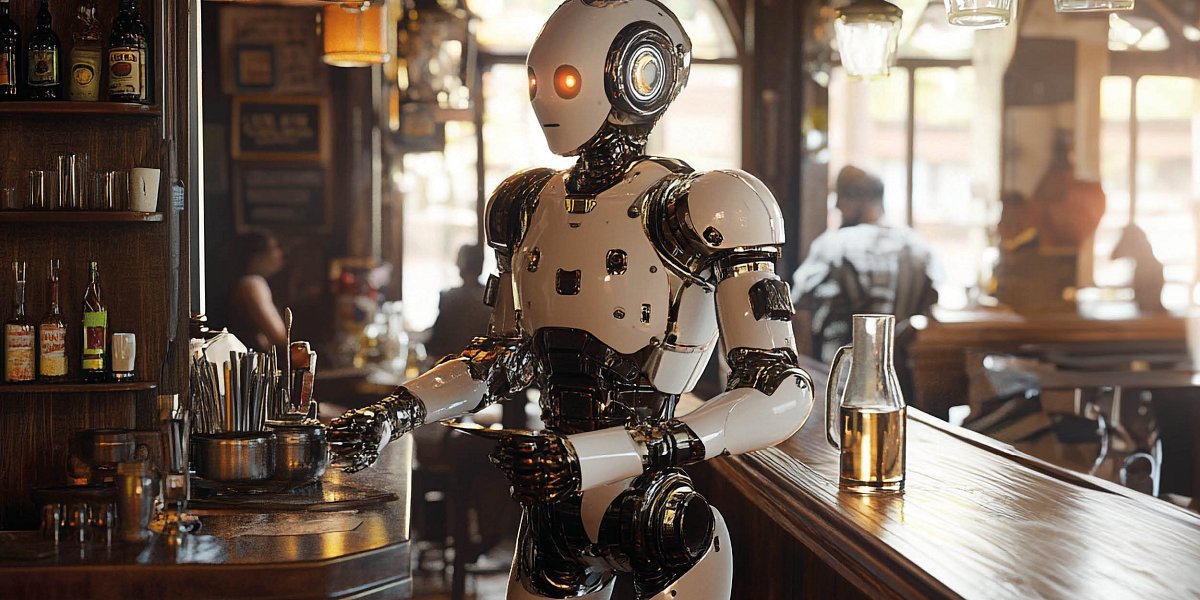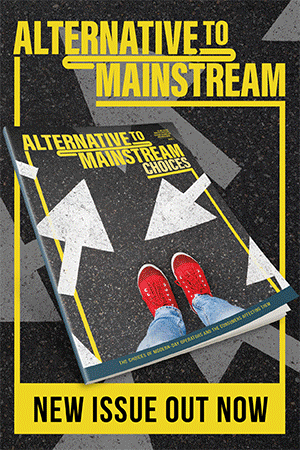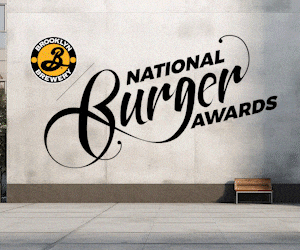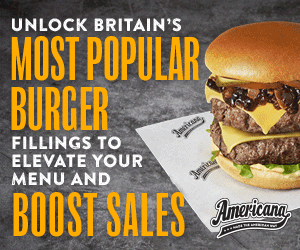Feature: Technology and operations
Tech for tech’s sake will likely cause more problems, but tech employed for purpose can streamline work processes and elevate the guest experience.
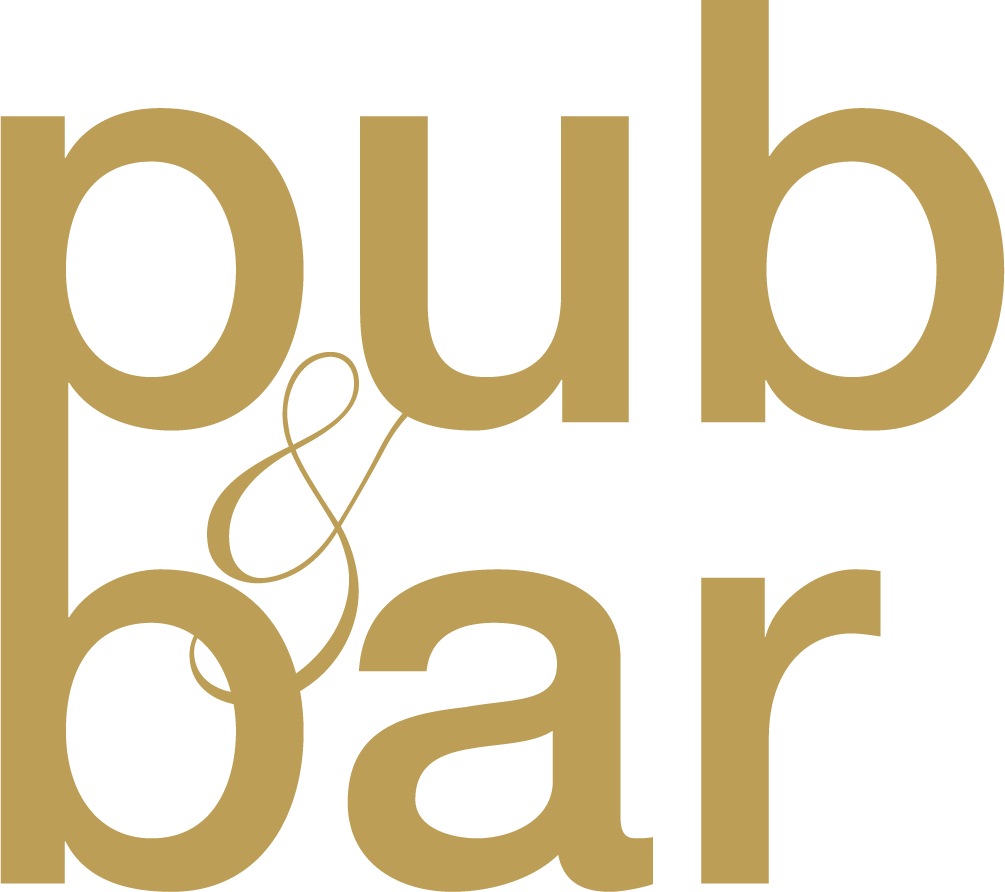
Whether you’re for or against the digital revolution, there’s no getting away from the rising influence of technology. From retail to healthcare, finance to education and, of course, hospitality, you’d be hard pushed to find a single sector in the global economy that hasn’t been impacted in some way.
While you may not think yourself particularly tech-savvy, a large portion of your customer base is, and recent research has revealed a growing consumer interest in the digitisation of hospitality experiences. The latest GO Technology report from Zonal and CGA by NIQ reflects a change in customer attitude in the wake of the pandemic, which significantly accelerated tech adoption across the industry. Now, some 71% of on-trade guests prefer to use technology either exclusively or in tandem with human interaction – but in the months following the sector’s post-lockdown reopening back in 2020, only 43% of consumers had even used an app or other solution to order and pay in-venue. And, when asked about the benefits of tech in hospitality, the top five perks cited by customers were speed (50%), convenience (49%), ease of use (40%), less pressure on orders etc (38%) and accuracy (24%). Clearly, the role of technology in our day-to-day is changing.
While we should never underestimate the importance of human interaction in what is inherently a people-focused business, from a customer perspective, the best hospitality experiences are those that strike the ideal balance between technology and traditional face-to-face service.
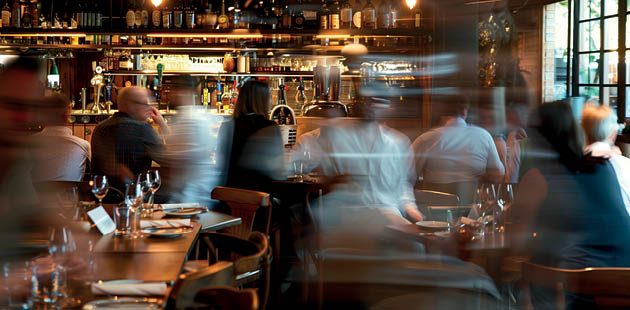
Essential tech can help operators keep up with the hustle and bustle
App-solutely seamless
A key digital trend that’s shaking up the industry can be traced to the devices held in punters’ hands. Venues of all sizes and specialities are investing in apps to promote their brands, linking physical and digital dining experiences in a bid to drum up long-term repeat visits.
As Paul Kerr, digital marketing manager at Signature Group, observes: “We’ve implemented Mr Yum (now me&u) – an order-at-table app that makes it easy for customers to place orders and pay in advance. This reduces wait times and adds convenience, especially during busy periods. Customers appreciate the seamless, cashless experience, which contributes to smoother service flow and enhances overall satisfaction.”
New product development means we’ve seen good progress in the payments space over the last 12 months. Tap to pay, whereby a payment card can be tapped directly on an Apple or Android device with no separate card reader needed, marks a big stride in the simplicity of the payment process in-venue.
“Operators want to be able to take payments quickly and easily at the customer’s table, not have to go back and forth to the bar or juggle multiple devices,” says Phil Neale, managing director of Tabology. “Guests are looking for flexible payment options. For venues where mobile ordering isn’t a good fit, the ability for customers to pay by scanning a QR code at their table can remove the potential pain point of waiting to pay the bill.”
With the right EPOS system in place, publicans can offer multiple payment methods without the reconciliation nightmare that would result from using multiple systems at once. “They can take booking deposits, pre-orders, face-to-face payments and payments by QR all through one system, with the funds landing in the same account,” adds Neale.
Signature – a Scottish hospitality group made up of over 20 bars, restaurants, hotels and a brewery – posits itself as a digital-first business. When it comes to payments, the next step in the group’s digital journey is to introduce a wallet-based loyalty programme. “This will allow us to send real-time offers directly to customers via a wallet QR code, eliminating the need for a physical loyalty card,” says Kerr. “It will make the redemption process smoother and allow us to further personalise our offers, enhancing the customer experience and engagement.”

A scan-do attitude with Scotland's Signature Group
Draw in the data
The rise of integrated platforms that combine data management, automation and customer personalisation is a big deal in hospitality tech. Solutions like WiFi portals and CRM systems allow businesses to collect real-time data and streamline operations, from order management to targeted marketing.
“Additionally, mobile-first solutions, like order-at-table apps, are simplifying customer interactions, improving the experience and creating more efficient processes,” notes Kerr. “The ability to leverage data and automate customer communications is key to driving efficiency and enhancing personalised service, positioning venues to better meet evolving consumer demands.”
Adopting a new email platform and WiFi portal has been transformative, adds Kerr, allowing the group to deliver more targeted and personalised communications to guests while driving higher engagement. “Automation has improved efficiency and the email platform’s integration with Meta enables us to run more effective, data-driven campaigns,” he beams. “The platform enhances both the customer experience and our operational effectiveness, making it a cornerstone of our digital strategy.”
All about AI
The use of artificial intelligence in hospitality is increasing by the day – especially in terms of forecasts for things like stock, revenue and footfall. But experts at EPOS company ICRTouch predict that AI will likely be used in the near future to generate more tailored consumer promotions, also helping with the creation of customer-specific marketing collateral to attract new audiences, at the same time as retaining existing fans.
“On the other hand, we’re seeing a trend for the Internet of Things (IoT) becoming ever more prevalent in hospitality tech,” claims Colin Ringer, CEO of ICRTouch. “IoT refers to technology that facilitates the communication between devices and the cloud, a concept that’s by no means new, but one that is becoming much more important to hospitality businesses across the globe.
“Seamless integration and streamlined communication between devices is becoming inevitable in the hospitality industry, speeding up service, improving the customer experience and boosting revenue. The combination of AI and IoT is definitely worth keeping an eye on, as they will likely bring out the biggest developments in hospitality tech.”
While much of the hype surrounding AI could be a little excessive, it’s likely to drive some valuable change across the on-trade throughout 2025. As Neale explains: “AI won’t be running your pub for you, but it can help you plan the perfect rota based on accurate sales forecasts, or order exactly the right amount of stock from your suppliers. AI is as good as the data you give it, so as we hold data on sales, bookings, loyalty and stock on one system, we are very excited by the potential it offers us and our customer base.”
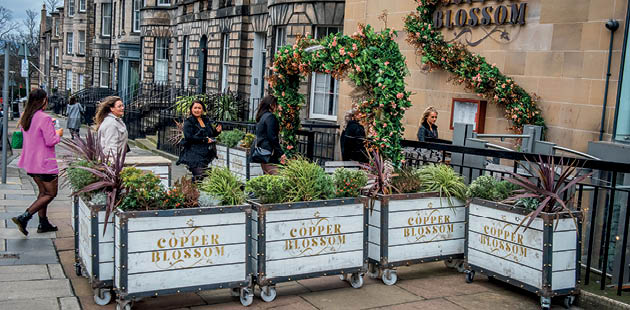
Signature Group's Copper Blossom site, shot by Chris Watt
Keeping tabs
As an industry that’s growing exponentially, it can be hard to keep up with all the new developments in the tech and digital field. Things move fast, but you’ve got to try and keep at least one eye on the market or you risk falling behind your peers.
Operators and consumers alike can stay on top of emerging hospitality tech via industry media and through relevant social media channels, ensuring they are up-to-date and remain informed on the industry’s latest developments.
“Digital tools have gone from being a nice to almost a necessity for every hospitality business,” Neale concludes. “The businesses doing really well are making great use of the digital tools available, while the best tools are those that add real value to the customer at the same time as being easy to administer to staff.”


